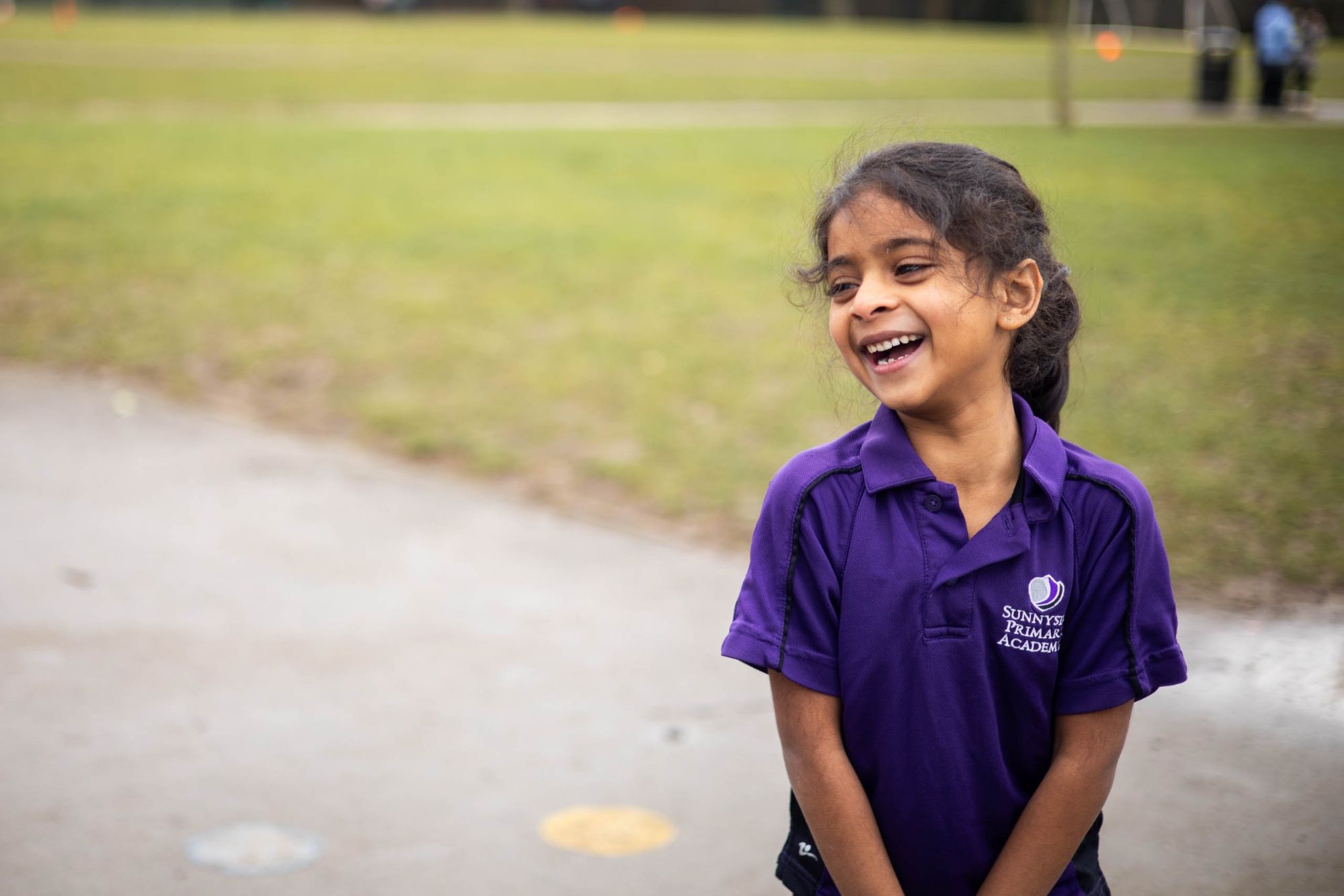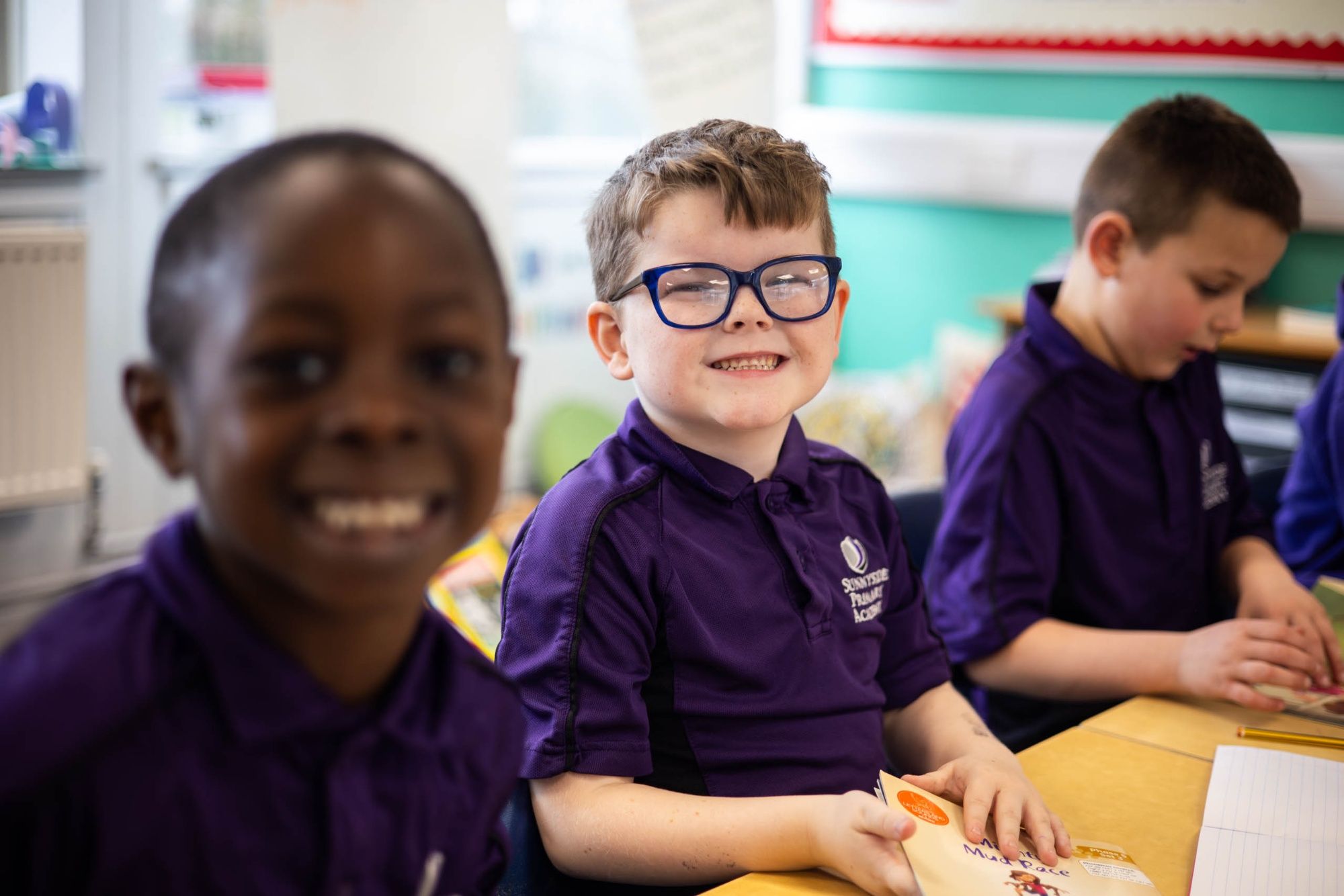Attendance FAQs
What are the timings of the school day?
The school day starts at 8:55am and our gates open at 8:40am so that children can have a settled start to the day, before registration at 9 o'clock. The school day finishes at 3:30pm. It is vitally important that children arrive at school punctually, as children get embarrassed and can struggle to catch up with the lesson when they arrive late.
When are the school holidays?
The school term dates are published on our website. You can find them here.
What should I do if my child is ill?
If your child is unwell and unable to attend school, you must let the school know as soon as possible (before 9 o'clock). Please phone the school office on 01604 842958 - you can leave a message on our absence line by selecting option 1.
You should phone into school every day that your child is unwell.
My child has a medical appointment - what should I do?
Where possible arrange appointments outside of school time. However, we understand that this is not always possible. Please notify the school in advance. You can contact the school office on 01604 842958 or by email admin@sunnysideprimaryacademy.org. You may be asked to provide evidence of the appointment.
How do I get a leave of absence request form?
Absences from school are only authorised in exceptional circumstances. Term time holidays will not be authorised. You need to complete a leave of absence request form if your child is going to be absent. Paper copies of the form are available from the school office, or you can fill in an electronic version of the leave of absence request form here. Once your request has been submitted, the school classify the absence as 'authorised' or 'unauthorised' and this will be recorded on your child's registration certificate.
I have received a letter, or been invited into school, about attendance. Should I be worried?
If we have written to you or asked you into school for a meeting, it is because we want to work in partnership with you to improve your child's attendance. Poor attendance affects your child socially as well as academically and we will discuss what we can do to help you and your child to ensure they are coming into school regularly. We ask that parents do their best to work with us so that any issues can be resolved as quickly as possible and do not escalate.
My child does not want to come to school. What should I do?
Parents/carers have a duty to ensure that their child of statutory school age is receiving an appropriate education. If your child is not wanting to come to school then we need to discuss this so that we can look into the reason(s) for this and work out what we can do to help. You should contact the school office on 01604 842958 or by email admin@sunnysidepprimaryacademy.org, so that we can plan a way forward together.


